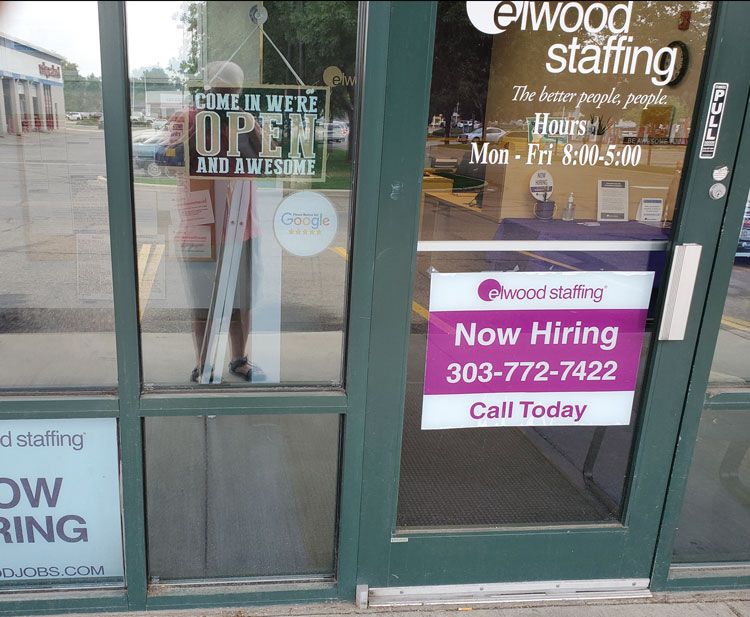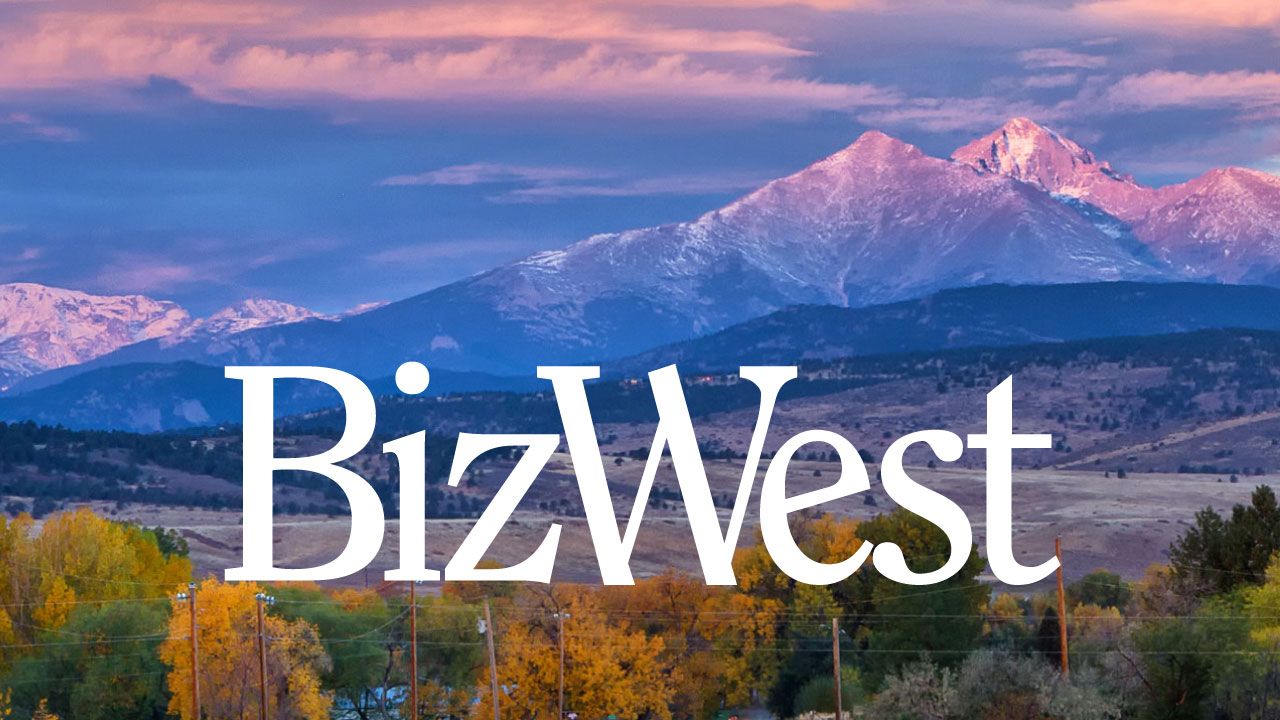Great Resignation rules jobs market

Once the COVID-19 restrictions eased, Americans were expected to return to the workforce in droves.
They’re not.
Texas A&M University professor Anthony Klotz has called it the Great Resignation. The long spell of being homebound during the pandemic-related lockdowns gave American employees — especially those in mid-career and in the technology and health care sectors — time to re-evaluate their lives, and many decided it was time for a change.
“During the pandemic,” Klotz said, “because there was a lot of death and illness and lockdowns, we really had the time and the motivation to sit back and say, ‘Do I like the trajectory of my life? Am I pursuing a life that brings me well-being?’”
SPONSORED CONTENT
The result has been millions of jobs going unfilled, and existing businesses having to cut back and close because of lack of staffing. In fact, a record 4.3 million Americans quit their jobs in August alone.
Some left their posts to pursue often-radical career changes. Others didn’t.
“When you have a low year of turnover [as in 2020], you typically see those waves. Low year, then a high year. The valley and the peak were significantly lower and now higher [respectively],” said Kristen Moorsfield, director of operations at Niwot-based SparkFun Electronics Inc. during a panel discussion in September at the NoCo Manufacturing Partnership’s annual trade show in Loveland. “People’s motivations for work changed during the pandemic. Now, people are leaving without necessarily having something else to go to.”
Colorado did add 102,100 jobs between September 2020 and September 2021, amounting to 3.9% growth, according to a report issued in November by Secretary of State Jena Griswold’s office and the University of Colorado Boulder’s Leeds School of Business’s Research Division. But tens of thousands of job postings still wait to be filled. In October, the Amazon fulfillment center in Thornton, which employs 3,000 people at starting wages that average $17 an hour, said it needed another 1,000 workers immediately.
In countless parts of the workforce, COVID-19 was something to be reacted to. In the health care industry, however, workers faced it head-on. And for many, it was just too much.

“I don’t think any of us fully understand why it happened,” said Yvonne Myers, health systems director at Fort Collins-based Columbine Health, where the payroll is down 80 people from a peak of 1,550. “If we knew the reason why, we could fix it.
“But now you put an ad out and you get one applicant. You need five positions and you get three.”
Some in political circles speculated that the availability of emergency government unemployment benefits and economic stimulus checks were keeping people at home and out of the workforce. “
When those dropped” in September, Myers said, “we thought we’d see a big push — but we didn’t.”
Health care does attract people who want to make a difference,” she said. “They watched it on TV. They want to be a nurse. They want to be a doctor. Those people are signing up, and we should invest in those folks.
“But our biggest need is CNAs,” she said, adding that the supply of lower-paid certified nursing assistants is far below the demand. “We try to set up our own CNA education. We run the class and it’s three to five students instead of 10.
“As full as the hospitals are” with advanced COVID-19 cases, Myers said, “they need us to take some of their patients, but we’ve had to close some of our beds because we don’t have the staff.”
Businesses in all sectors have tried to offer increased pay and benefits to try to lure job applicants, but Myers said that gambit works better in some fields than in others.
Just like any manufacturer or retailer, she said, “we’re feeling inflation in our own purchase of goods and services. We’re trying to lure applicants with things like tuition paybacks, sign-on bonuses and retention bonuses. We’re trying as many creative ways as we can to help the employee want to be here and want to stay here.
“But there’s only so much you can keep charging your customers.”
The health care workplace has its own challenges, however.
“Everyone from Amazon to Qdoba is increasing salaries because you think that’s going to draw people in,” she said. But a big part of the difference is the impact on employees in health care settings of not only confronting the struggles of COVID patients and the staffing shortages but also assessing the risks to their own health.
“I can go down the street and not have to face that,” she said. “There’s a lot of emotion here versus selling a burrito.”
Added Daniel Zhao, senior economist at job site Glassdoor, “the pandemic is still what controls our recovery. The pandemic is still keeping workers out of the labor force.”
Myers credited the availability of vaccines and the accompanying mandates for shots and masks — both from government entities and from private businesses such as Columbine — for reducing the risk to health care workers.
“We were one of the first health care facilities back in April to require vaccines and masks, but now it’s mandated,” she said. “We lost a few people then. The new mandates have a very narrow window; there’s only an exemption for people allergic to the vaccine. So we’ll lose a few more.
“But if you want to provide care for frail elderly people with immune-compromised bodies, we think it’s just a must.”
Once the COVID-19 restrictions eased, Americans were expected to return to the workforce in droves.
They’re not.
Texas A&M University professor Anthony Klotz has called it the Great Resignation. The long spell of being homebound during the pandemic-related lockdowns gave American employees — especially those in mid-career and in the technology and health care sectors — time to re-evaluate their lives, and many decided it was time for a change.
“During the pandemic,” Klotz said, “because there was a lot of death and illness and lockdowns, we really had the time and the motivation to sit back and say, ‘Do I like the…
THIS ARTICLE IS FOR SUBSCRIBERS ONLY
Continue reading for less than $3 per week!
Get a month of award-winning local business news, trends and insights
Access award-winning content today!




